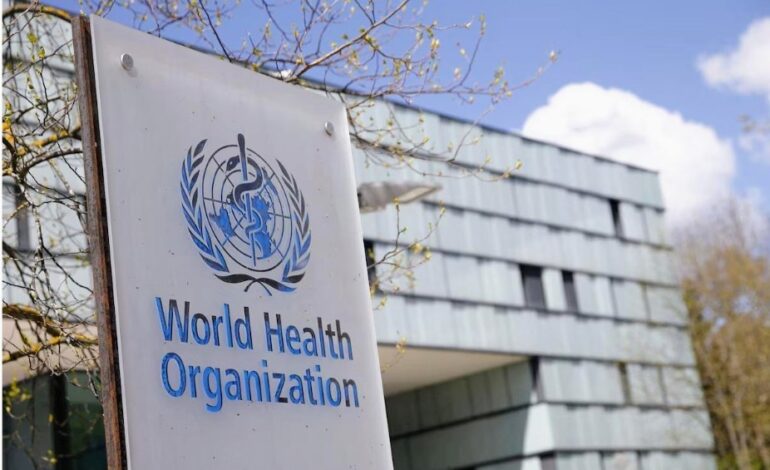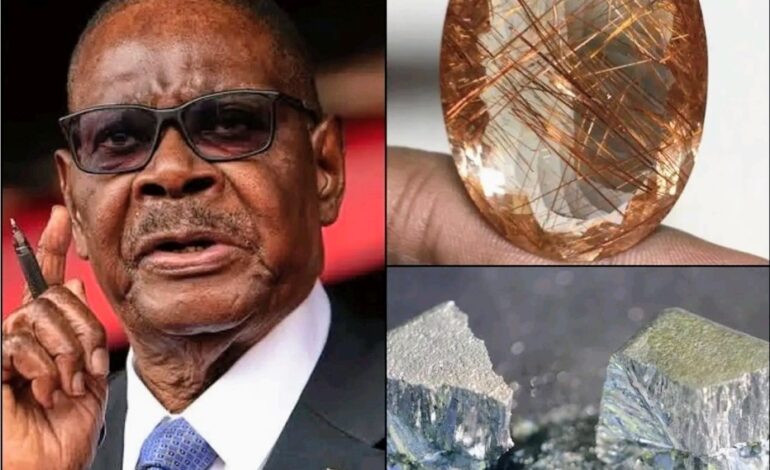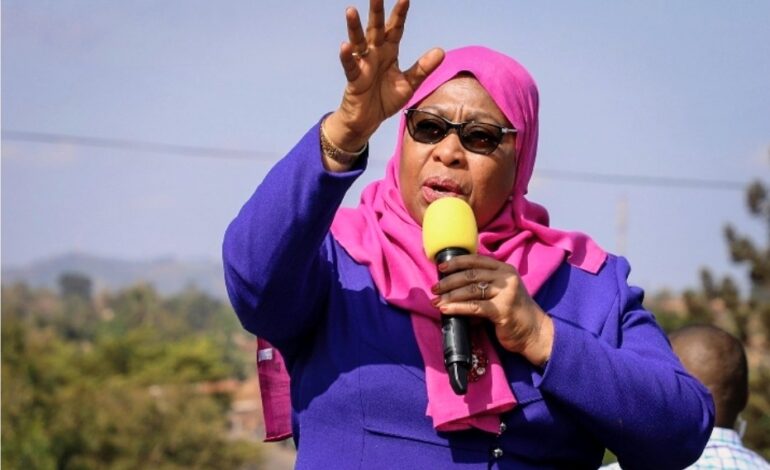
Wayne Lumbasi
As Tanzania moves toward the October 29th general election, tension and unease are spreading across the country. A wave of arrests, media restrictions, and growing surveillance has fueled accusations that President Samia Suluhu Hassan is presiding over a deliberate campaign to weaken opposition voices and tighten control over the political space.
When President Samia assumed office in 2021, she was widely praised for her calm leadership and her promise to unite a divided nation. Many hoped her rise would mark the beginning of a more inclusive and open political era. Yet four years later, those early hopes are fading as the opposition and rights groups accuse her government of closing the very space she once pledged to open. Amnesty International has warned that the pre-election environment in Tanzania is now defined by fear and intimidation.
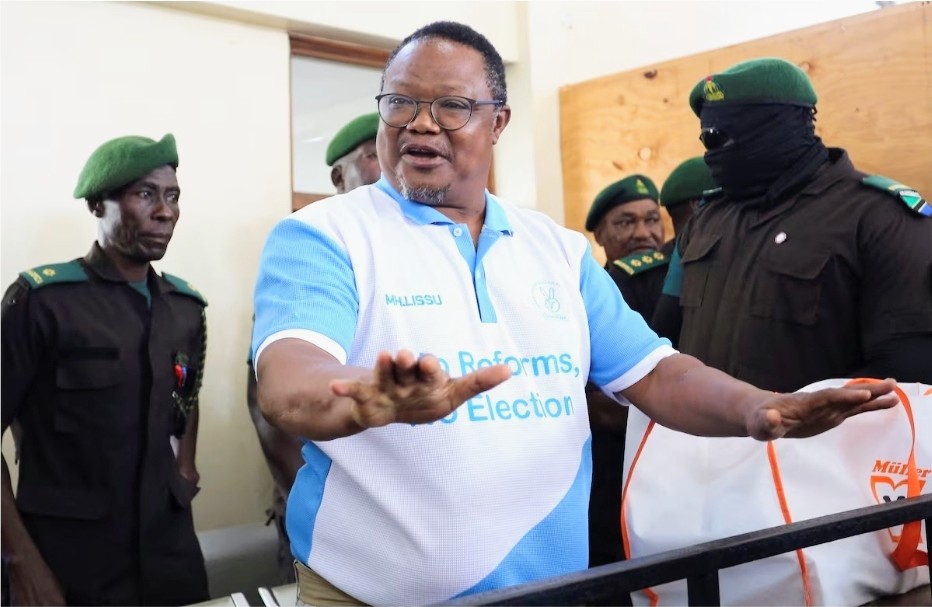
The ongoing treason trial of opposition leader Tundu Lissu stands as the most visible symbol of that crackdown. His crime? Calling for political reforms. His trial began this month under heavy security, with live media coverage banned and foreign observers denied access.
Two senior officials from his CHADEMA party were arrested outside the courtroom just days before proceedings started – a move critics call a “public warning” to anyone daring to challenge the state.
Journalists and activists have not been spared. Several reporters were summoned in September for questioning over what officials called unpatriotic reporting, while two independent media outlets were suspended for publishing stories critical of the government.
Civil society organizations say their meetings have been interrupted, and online discussions are being closely monitored. Even religious leaders who have called for transparency have been quietly advised to avoid political topics.
The government maintains that these actions are necessary to preserve peace and prevent foreign interference. Supporters describe the president as a stabilizing force steering Tanzania through a sensitive political moment. However, critics argue that stability is being mistaken for control, and that peace is being enforced through fear rather than consent.
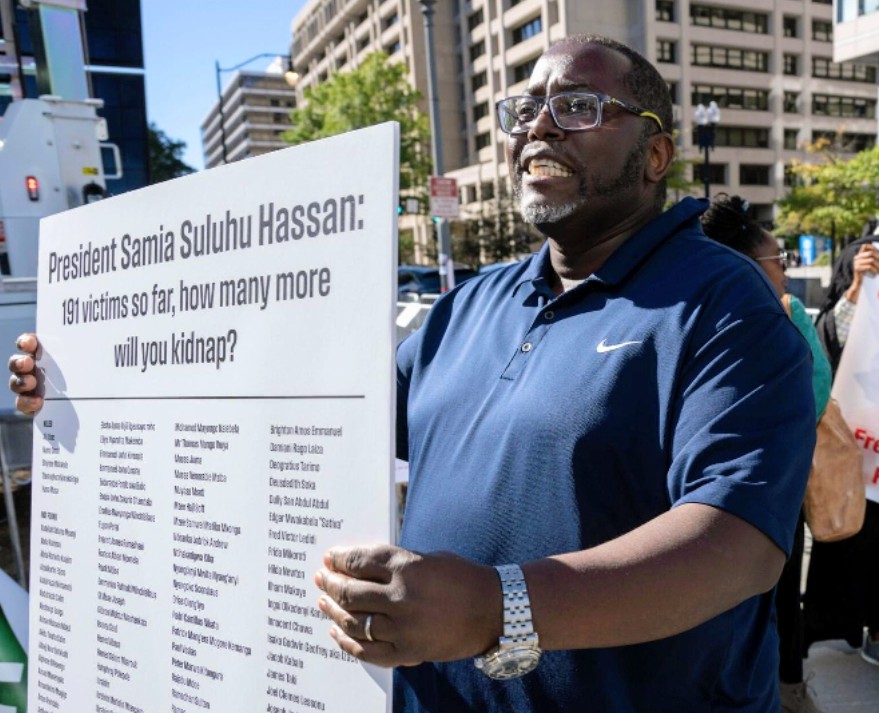
Many Tanzanians now whisper their opinions instead of voicing them. Social media users have become cautious, knowing that a single post could draw unwanted attention. Community leaders and activists say the atmosphere of fear has reached deep into ordinary life, discouraging citizens from discussing the very issues that shape their future.
As the election draws near, the question confronting Tanzania is no longer just who will win, but whether the vote will still carry meaning. President Samia’s legacy may ultimately rest on whether she restores trust in democratic participation or allows the growing silence to define her tenure.
RELATED
SAMIA LAUNCHES CAMPAIGN WITH BIG PROMISES, VOWS NEW CONSTITUTION






